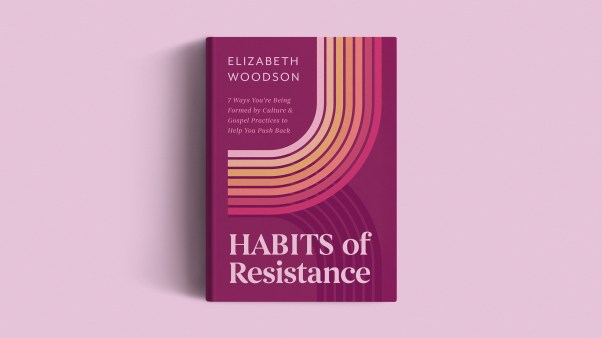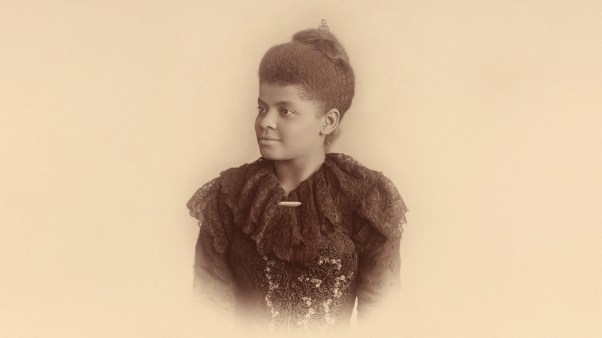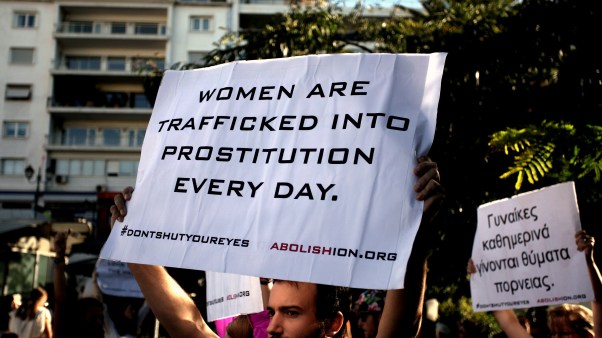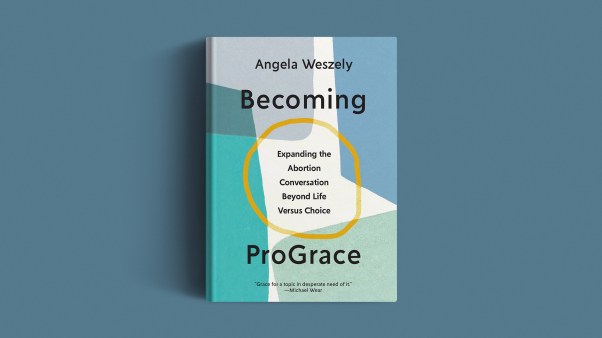Editor's note: February's cover package, "The Best Ways to Fight Poverty—Really" (part one, part two), received remarkable numbers of pageviews, praises, and protests. It also provoked responses from many organizations devoted to fighting poverty. Today, leaders of those ministries respond, including World Vision US president Richard Stearns, Samaritan's Purse president Franklin Graham, Habitat for Humanity International CEO Jonathan Reckford, HOPE International president and CEO Peter Greer, World Relief president and CEO Stephan Bauman, Food for the Hungry workers Greg Forney and Lucas Koach, and TEAR Australia national young adults coordinator Matt Anslow. Also today, Christianity Today senior managing editor Mark Galli, whose article "A Most Personal Touch" led off the February cover package, replies to the ministry leaders.
I have appreciated not only these responses, but the many comments on our website and in emails I have received. Some of the concerns expressed result from my having only three pages to lay out a theology of church and poverty, others from a simple difference of opinion.
First, as many readers noted, I failed to clarify that the way government substantially impacts poverty is by freeing up business to create jobs for the poor, and goods and services that the newly employed can now buy (which, in turn, creates more jobs and goods and services, and so on). Government may be clumsy at business, but it is certainly the institution with the sweep and power to encourage and regulate business for the common good.
Second, some respondents seemed to think I was arguing that the church's unique role is its only role. But take this example: In my home, I am uniquely gifted as a handyman, moderately skilled at everything from plumbing to electrical to carpentry. This doesn't mean I never do the dishes or take out the garbage. But I will have done my family a disservice if I fail to bring my unique gifts to bear on our life together.
Similarly, I'm not suggesting the church take no political action nor ever participate in large-scale efforts. I'm only suggesting that when churches emphasize macro efforts, they are often (but not always) tempted to forsake the one thing they do best and, in my opinion, the main thing God calls them to—to care for the poor as individuals first and a social problem second.
Third, a few of the respondents chastised me for being pessimistic about how much the church can alleviate poverty at the national and global scale. But in making this point, none of the respondents marshaled statistical evidence that shows that the church can even touch the scale of government and business effects. It might be theoretically true that the church (given its theology and numbers) might be able to marshal resources that could make a massive difference in poverty, but the fact is that never it all its history has it done so.
For some, this suggests a massive failure, but I beg to differ. That churches can do more to care for the poor—who would argue with that? That churches are uniquely equipped to make a significant dent in global or national poverty—where is the evidence for that? I've never seen any.
Where I do see current and historic examples of massive change is in politics and government. This suggests to me that God in his wise providence has designated these institutions to do that sort of thing, and as a corollary, calls some Christians to give their lives to such institutions to help these institutions fulfill their divine mandate.
In the meantime, when it comes to the poor, the body of Christ has by far and away the most important role to play, though only those with eyes to see can grasp how important it is. In fact, it is the very role of Jesus himself: "To preach good news to the poor" (Luke 4:18).
Copyright © 2012 Christianity Today. Click for reprint information.
Related Elsewhere:
February's cover package included:
The Best Ways to Fight Poverty—Really | The government is by far the best institution to raise the poor's standard of living. The church does something more important for them. By Mark Galli
Cost-Effective Compassion: The 10 Most Popular Strategies for Helping the Poor | Economists rate impact. By Bruce Wydick
Other replies today include:
Christians Really Do Reduce Poverty | Government change often can't get to the root of the problem of poverty. The church does. By Richard Stearns, president of World Vision US
Focus on Solving the Poverty of the Soul | Our aid to the poor should always address their area of greatest need. By Franklin Graham, president of Samaritan's Purse
What Do You Mean by Poverty? | Overcoming poverty is possible and proven. But superficiality has paralyzed the church. By Stephan Bauman, president and CEO of World Relief
We Can't Do Everything | But we can change systems to protect the poor, and that requires cooperation on all fronts. By Jonathan Reckford, CEO of Habitat for Humanity International
The Biggest Poverty-Fighting Tool: Job Creation | Employment for the poor restores their dignity and keeps them off their knees. By Peter Greer, president and CEO of HOPE International
Poverty Has Many Enemies | The solution does not require a choice between individuals and institutions. By Greg Forney and Lucas Koach, Food for the Hungry
The Local Church's Neighbors Are Everywhere | The church isn't just a network of institutions trying to stretch across the globe. By Matt Anslow, national young adults coordinator of TEAR Australia








